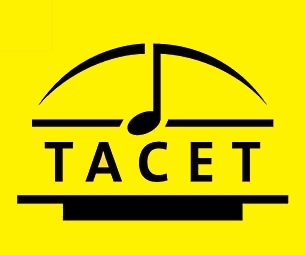Those of us who first encountered Scarlatti played on the harpsichord may resist him when played on the piano, which is now standard. I understand that it’s easier to get a fine piano for recording purposes than a fine harpsichord. But when I hear it on the older instrument, I think: “Scarlatti—sharp, sweet icicles, melting on my mind’s tongue” (the only line of poetry I’ve ever penned that doesn’t start with “There was a young lady from…”). But nowadays it’s the piano, take it or leave it.
And now I have in front of me a recording that is so wonderful in so many ways that the harpsichord fades from memory. The artist here, the pianist Christian Ullrich, has made such a strong case for the piano that it will henceforth be the standard of performing these marvelous 555 (!) sonatas.
Naturally, I suggest you acquire this set. But before you listen, set aside plenty of time to read, slowly and carefully, the contents of the accompanying booklet. The first essay, “The World of Domenico Scarlatti,” by Thomas Seedorf, contains as much valuable knowledge about the composer as one of the sonatas contains the musical chills and thrills (and trills) always present in Scarlatti. If they wrote music textbooks like this, you could graduate in two weeks.
The next essay, “Contemporary Scarlatti” by the pianist it himself, is a beautifully written, soulful appreciation of the composer. It begins with a quotation by the German poet Durs Grunbein which is worth the price of this CD all by itself, and should be put up on a plaque and placed on the door of every music building in every university: “For the poet, any poet who speaks directly to him is contemporary, no matter in which mystical, faraway century, in which long-forgotten provincial nest he lived. From that moment on, because his voice was so uniquely recognizable, it will be close to him, as close as if the person to whom it once belonged stood before him in the flesh, relocated in time and space. Even with his eyes closed, the poet’s word will be more present to him than any from his own time, more easily discernible than his own breathless wheezing.”
Then Ullrich the pianist takes over. I wasn’t looking forward to four hours of 3-minute sonatas; but the man is a magician, casting a spell that kept me nailed to my seat long after what should have been intermission time. Did I once think that all Scarlatti sonatas are basically the same? What a chump I was! (No comment from you, Joel!) They’re all in the same language, but each has its unique message. But listen closely, because Ullrich plays them with jaw-dropping virtuosity, making you think that if you were watching him play, his flying fingers would be invisible. The man is an incredible musician and a world-class athlete.
Not everyone should buy this album. It’s only for astronomers, rocket scientists, teachers, chefs, ministers, gang members, librarians, bearded ladies, politicians, highly intelligent chimpanzees, all other chimpanzees, chiropractors, and strippers.
David Reznick<< back
